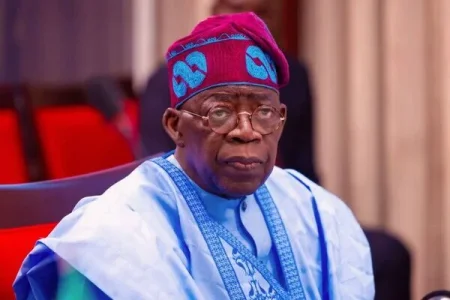
President Tinubu is seeking National Assembly approval for $24.14bn in new loans, which may raise Nigeria’s debt to N183tn. Economists and opposition parties warn that the borrowing could deepen fiscal risks. Tinubu says funds will support key sectors, but critics demand transparency, accountability, and a halt to excessive borrowing
- Tinubu requests $24.14bn in foreign loans, including $2bn bond and N758bn pension bond.
- Public debt could rise from N144.67tn to over N182.91tn by 2026.
- Economists warn of rising debt-servicing costs and crowding out capital expenditure.
- PDP and Atiku Abubakar urge rejection, citing unchecked borrowing trends.
As Nigeria edges toward N183tn in public debt, experts and opposition leaders demand stricter oversight and transparency. Citizens are urged to push for fiscal responsibility and better management of public resources to avoid mortgaging the future for short-term fixes.




